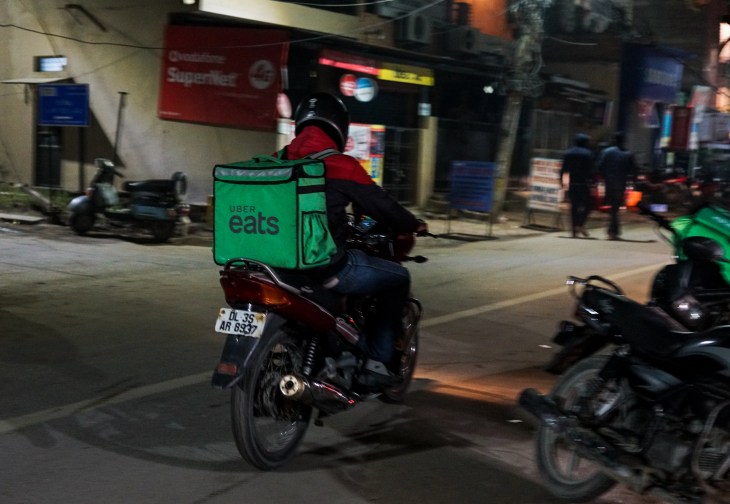Uber Technologies, Inc., an American multinational ride-hailing company offering services that include peer-to-peer ridesharing, ride service hailing and food delivery services.
Uber has struggled and battled against all external factors to keep the company afloat. Despite its all efforts, Uber had to finally submitted its food delivery business to the customer who are more inclined towards discounts in India.
Surprisingly, the food delivery firms in India have come to realise that delivering food to customers in the country is not profitable. The realisation has come at a cost of $3 billion of venture capital in pursuit of market domination.

Recently, Zomato acquired Uber Eats, the food delivery business of ride-hailing giant Uber India for around Rs 2,485 crore ($350 million) in an all-stock deal. The deal gives the ride-hailing app a 10 per cent stake in Zomato.
This move, however, emphasis more on the challenge of building a sustainable food delivery business in India that these brands are facing. The big brands of the sector, Swiggy & Zomato are still struggling to find a way to work around it still. The eventual presence of only two large players highlights the struggle of food delivery firms to make money in India.
But attracting customers is still going to be a challenge. Not all customers will switch from Uber Eats to Zomato App. Some may actually switch to Swiggy, depending upon the discount coupon it is providing. The downfall has also affected the online food delivery company’s evaluation.

In December 2018, Swiggy and Zomato were valued at $3-3.5 billion. The venture capital rounds usually see valuations double and triple frequently for market leaders. However, that has not been the case for the two brands in the past year.
Notably, Zomato will not absorb Uber Eats‘ employees, which means they will either be absorbed in Uber‘s other verticals or could face lay-off. There’s little clarity on their future roles right now.
















